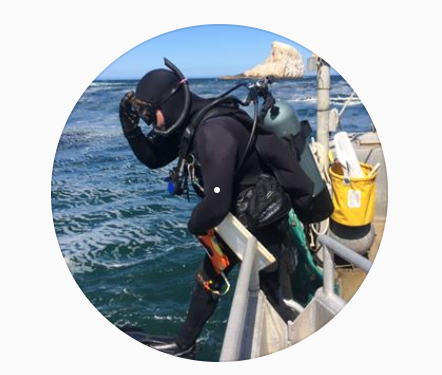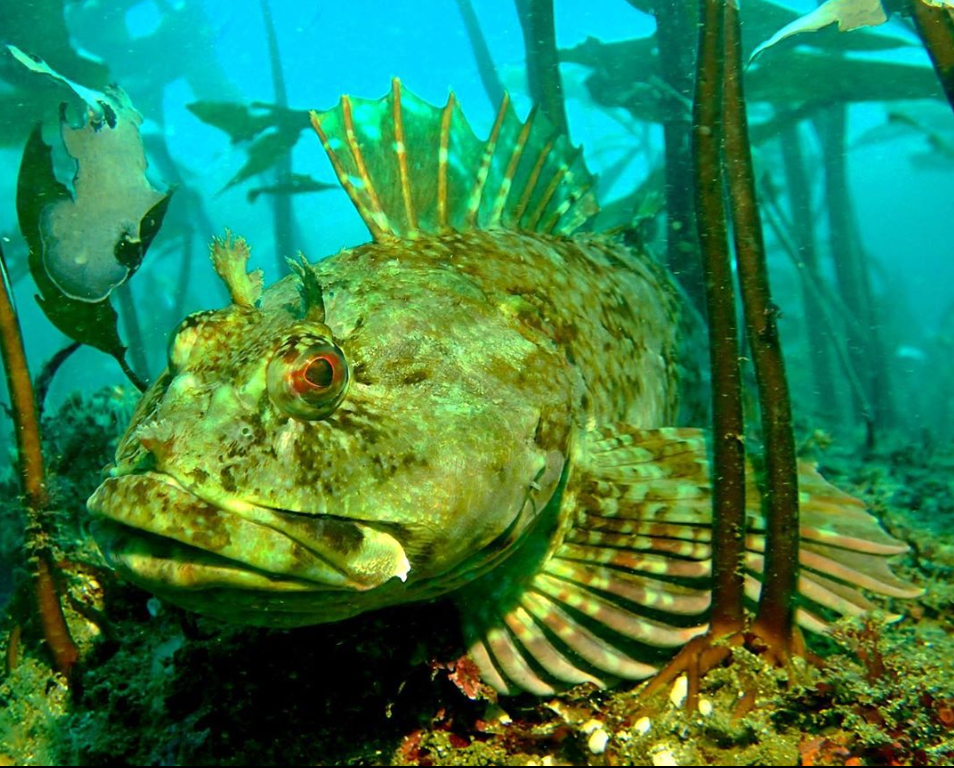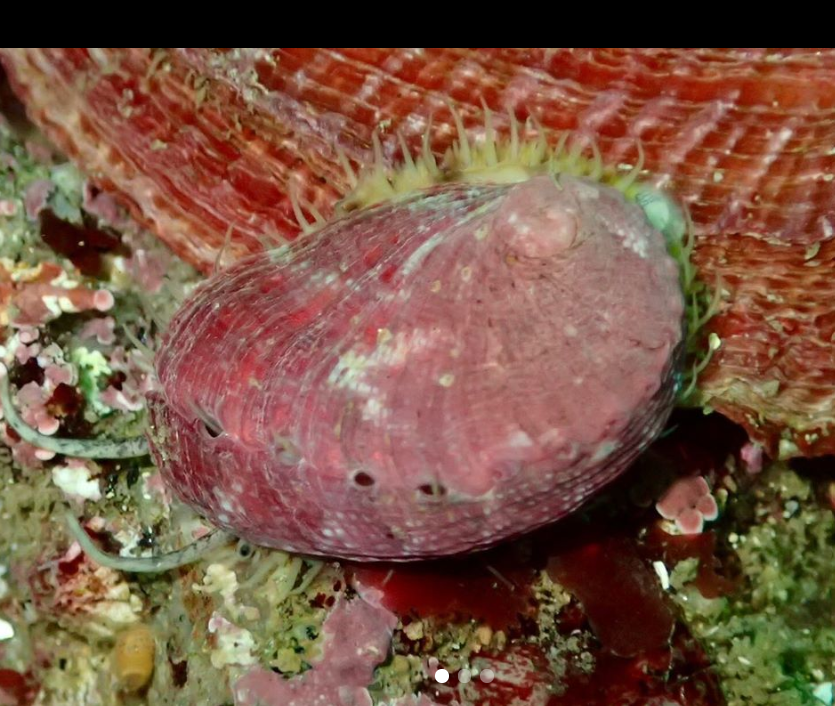Andrew Harmer - Marine Biologist

Andrew Harmer - Marine Biologist
Author: Jesse Davis
What is your job description and what does a typical day look like?
Andrew's job is as hectic as the sea. A lot of his fieldwork is dictated by the tides. For example, he had to get up at three am to safely dive on an intertidal zone to assess the populations there. If he was there too late it would not be safe. Another factor he cannot control is the wind. At any time the winds could shift and make it too treacherous to dive. So there really is no average day because he is just as likely to be looking through a microscope analyzing plankton or larval fish species as he is to be diving and counting organisms.
Where did you go to school and what did you major in?
Andrew went to California Polytechnic State University where he majored in marine biology. At the time it was considered an ecology major with a focus in the marine environment. He added that since his tenure there they have built a program dedicated solely to marine biology.
Did you do anything during school to stay involved with the ocean physically?
During his studies, Andrew went fishing and diving on the weekends. He also went on camping trips where he slept under the stars. During his schooling, they went on trips to the Monterey Bay Aquarium and went to the Channel Islands where he would spend a weekend setting up mock transects. A more notable experience was spending a weekend at sea where they learned bio-geography, ecology, marine reptiles, birds and mammal classification.

What got you interested in your job?
What got him interested was not the selfish interest in just catching the organisms but gaining the respect and learning more about the organisms. He found greater attraction to counting instead of killing.
What kind of jobs did you have before this one?
He worked as a commercial fisherman and in a marine fishing store. He got this job while working with the fishing company and has been there ever since. All the jobs were marine-related but he did not enjoy using the ocean for profit.
What kind of volunteer/extracurricular activities do you recommend to students looking to go into this field?
In his experience, there really are no requirements for getting a good job in the field. If you want to be prepared he says you can get scuba certification before going to university which will give you a large advantage interacting with the curriculum opposed to trying to adjust your buoyancy but other than that be ready to work hard and learn.
Are you working on/studying any unique projects currently?
Currently, he is doing a population assessment. The day of the interview he went out spearfishing to collect tissue samples to be sent out to a lab to test for pathogens. He is also surveying the intertidal zone to assess population health, he signed a non-disclosure act so the client and the population are confidential.
What is your favourite ocean organism (or project) and why?
He is a huge blind goby fan and enjoys the niche it inhabits with the shrimp it lives with. It never leaves its home and relies completely on the shrimp to provide it food because it cannot hunt as it lacks eyes. His close runner up would have to be the abalone which is critically endangered, but he has a good enough eye to catch the rare species and posts quite a few pictures on his Instagram page.

In your opinion, what is the biggest problem facing the ocean? And how can we take action towards solving it?
He was reluctant to say CO2 emissions are the oceans biggest problem because he feels it is a copout answer. There are a number of things that trouble him, ocean acidification, warming oceans, and rising sea levels. He had an interesting story about the last el Nino event. He saw fish from the Baja coast which has never been seen in his area but made an appearance. This led him into his next topic which was the pace of CO2 rise and how unprecedented the change is. He encourages everyone to take the methods which we all know will lower emissions, walking, biking, reducing garbage etc.
